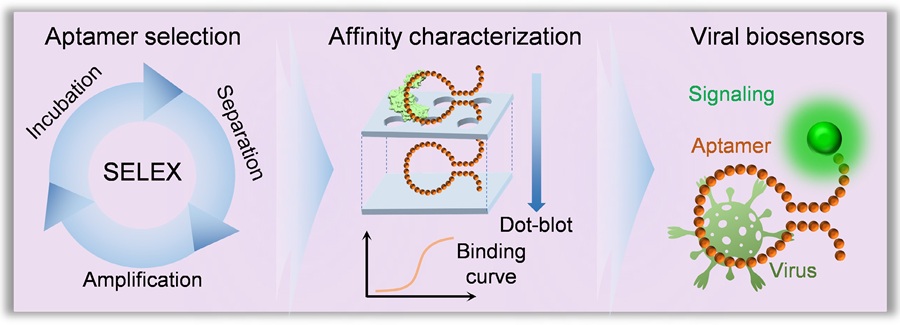Kidney Transplant Patients Identified at High Risk of Rejection
By LabMedica International staff writers
Posted on 19 Nov 2014
A quantitative real-time PCR (qPCR)-based assay can identify kidney transplant patients who are at high risk of acute rejection.Posted on 19 Nov 2014
Minnie Sarwal at the University of California (San Francisco, CA, USA) and colleagues examined gene expression data from more than 430 renal transplant patients and developed a 17-gene set that could distinguish patients at high risk of rejection. They also developed an algorithm to classify patients into high- or low-risk categories using a numerical risk score.
Called kSORT for Kidney Solid Organ Response Test, the assay has the potential to become a simple, robust, and clinically applicable blood test, the scientists stated in their November 2014 PLOS Medicine paper.
In the US, there are some 17,000 kidney transplants a year, according to the National Institute of Diabetes and Digestive and Kidney Diseases (NIDDK), and the researchers noted that acute rejection occurs in some 15%–20% of patients even with immunosuppressive therapy. Currently, clinicians monitor creatinine levels as a marker for rejection, followed by a biopsy to confirm rejection. The new assay has a less invasive approach, and can identify rejection events early on.
A further seven genes were added to optimize the panel for both an adult and pediatric population. The 17 genes could predict 39 of 47 AR samples correctly as AR and 87 of 96 non-AR samples as non-AR, a sensitivity of nearly 83% and a specificity of just over 90%.
To develop the test, 558 blood samples from 436 adult and pediatric renal transplant patients in the US, Mexico, and Spain were collected. Using a set of 143 adult samples, the researchers found 31 genes that were differentially expressed between adult acute rejection (AR) and non-AR patients, as determined through kidney biopsies. A subset of 15 genes was able to classify nearly 92% of the AR and non-AR adult samples, but not in pediatric cases.
Related Links:
University of California













